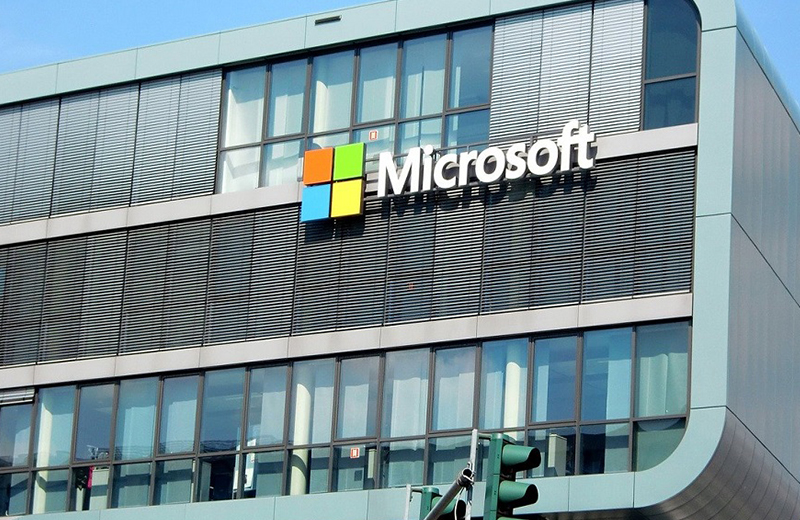
Microsoft has added isiZulu to its Microsoft Azure Cognitive Services Translator, enabling text and documents to be translated to and from South Africa’s most-spoken official language across the entire Microsoft ecosystem of products and services.
isiZulu joins Kiswahili as the latest African language to be supported, and there are plans to add more of the continent’s most widely spoken languages as part of Microsoft’s mission to build products and services that improve accessibility and local engagement.
isiZulu Can Now Be Translated Across Microsoft’s Ecosystem
Integrations across Microsoft’s ecosystem include Microsoft 365 for translating text and documents, the Microsoft Edge browser and Bing search engine for translating whole webpages, SwiftKey for translating messages, LinkedIn for translating user-submitted content, and the Translator app for having multilingual conversations on the move, among others.
“This support – which has been added for over 100 languages and dialects worldwide – means that more people are able to connect and that language will become a seamless feature of using technology,” says Siya Madyibi, ED: Corporate, External and Legal Affairs at Microsoft South Africa.
Translator aims to break the language barrier between people and cultures all over the world. “To achieve this, we have continuously added languages and dialects to this service while ensuring the translation quality of the supported languages by using the latest neural machine translation (NMT) techniques,” Madyibi says.
The company, through its Microsoft Research unit, first developed machine translation systems more than a decade ago – and has consistently built on and improved these systems and techniques, adopting NMT technology like Artificial Intelligence (AI) evolved and migrating all machine translation systems to neural models to improve translation fluency and accuracy.
Working with partners in language communities who can help gather data for specific languages and who have access to human-translated texts also helps to overcome the challenge of obtaining enough bilingual data to train and produce a machine translation model. This network of partners helps collect bilingual data, consult with community members and evaluate the quality of the resulting machine translation models.
Microsoft believes that these ever-improving capabilities also make it possible for businesses to expand their global reach, enabling them to communicate with customers and partners across languages and localise content and apps quickly, reliably, and affordably. It additionally helps break barriers in internal communication between employees in different countries.
“As the benefits and value of translation support become more evident, particularly for African languages, we will see capabilities being rolled out for more of the continent’s languages – ultimately helping break down language barriers and helping more people connect with each other and technology in a way that empowers them to do and achieve more,” says Madyibi.
Edited by Luis Monzon
Follow Luis Monzon on Twitter
Follow IT News Africa on Twitter